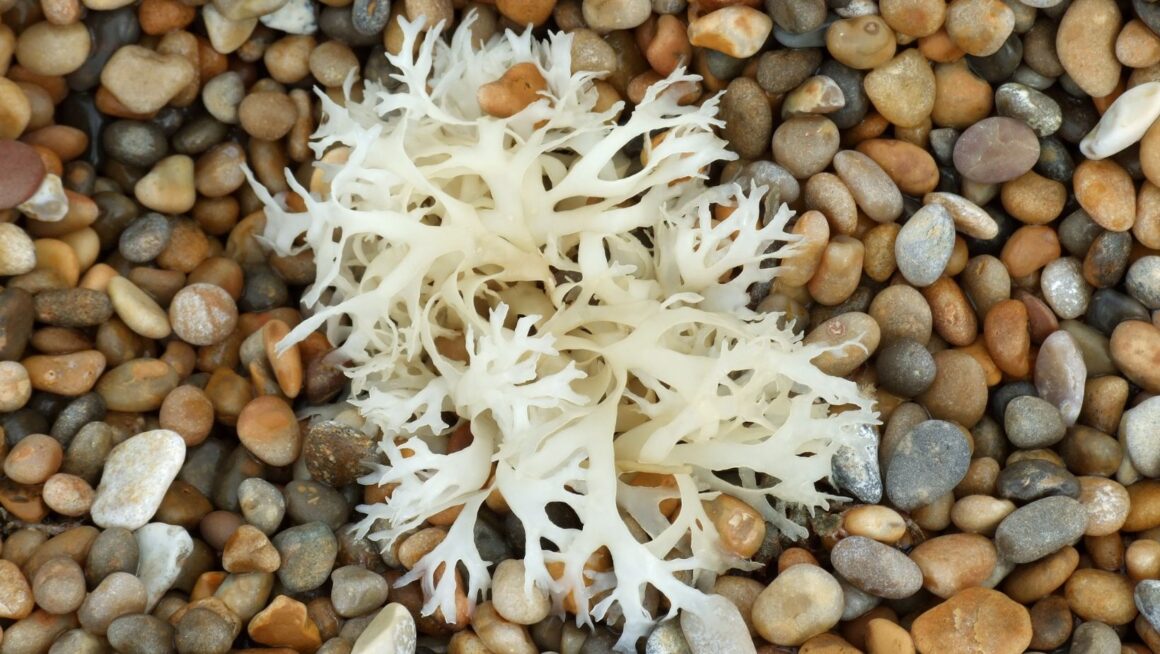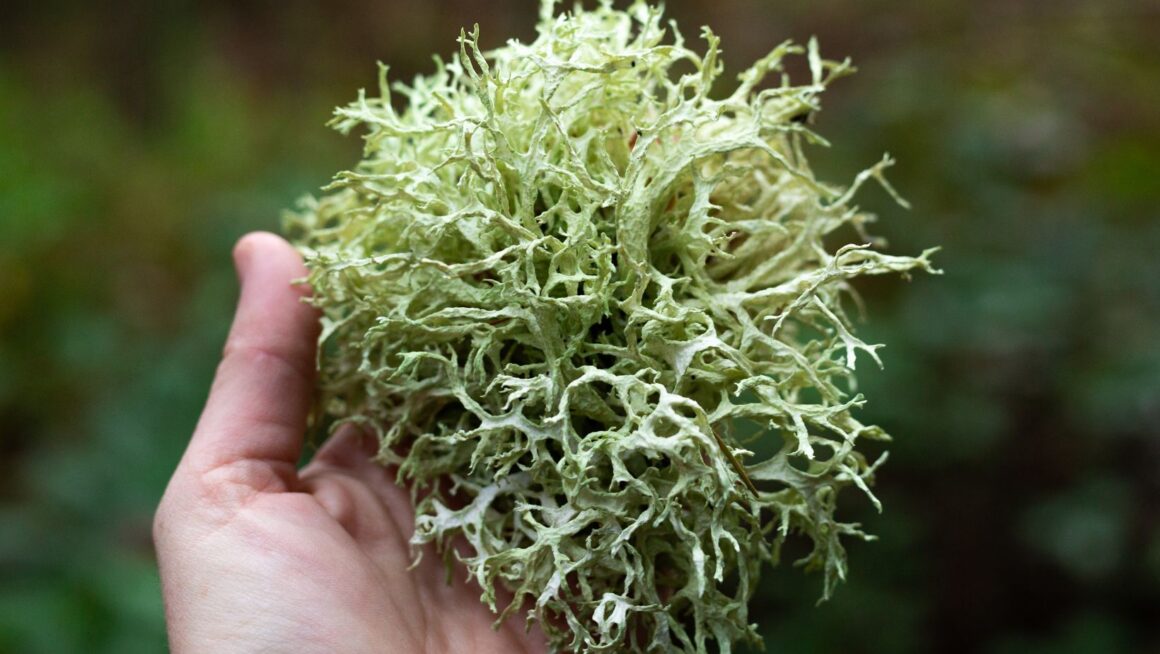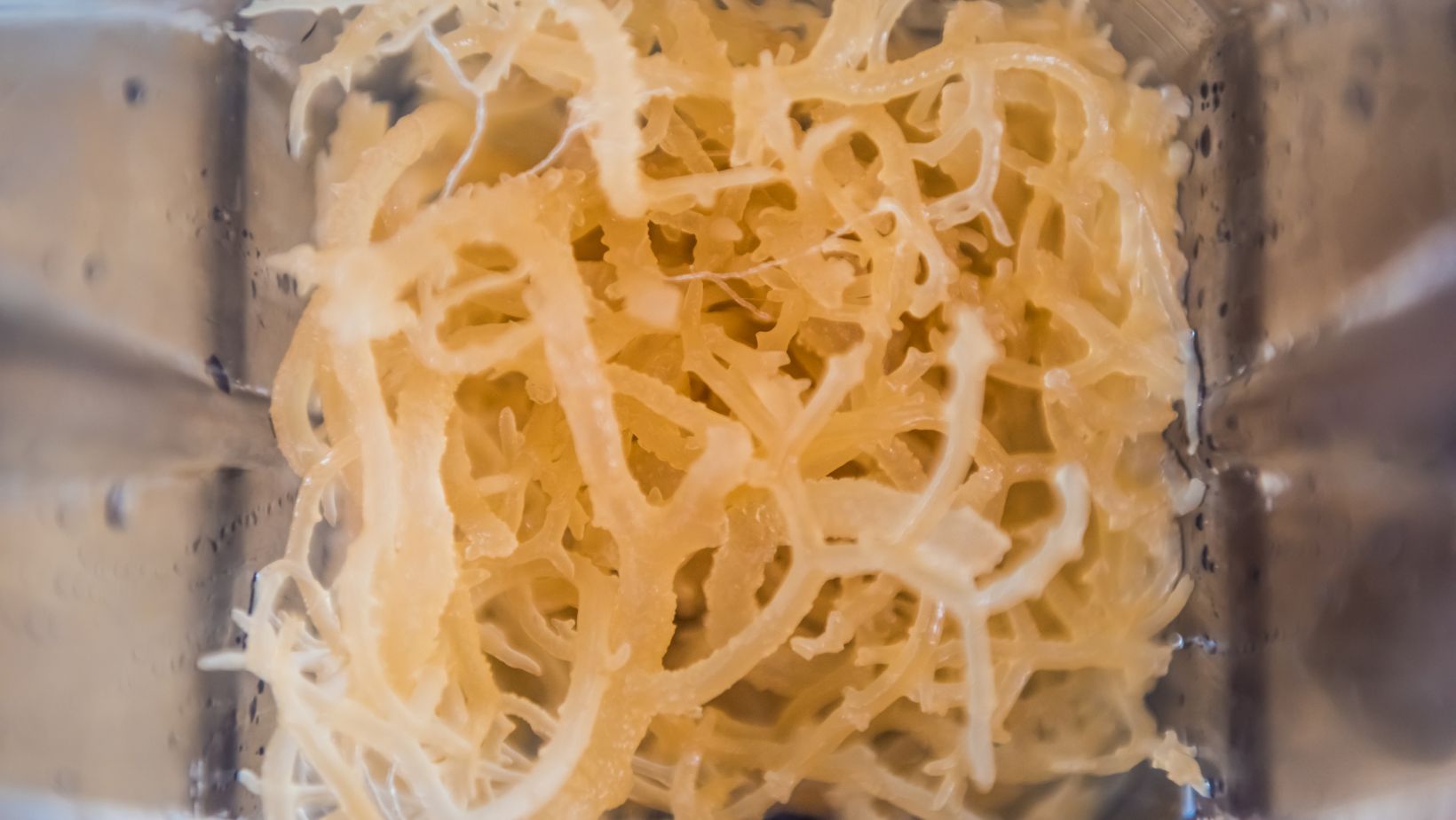In recent years, sea moss has gained significant attention within health and wellness circles. Often touted as a “superfood,” this marine plant boasts a range of nutritional benefits. Among its most celebrated characteristics is its high iodine content, essential for supporting thyroid function and overall health. This article delves into the science behind sea moss, particularly focusing on its iodine-rich properties and the implications for our health.
Table of Contents
ToggleUnderstanding Sea Moss
Sea moss, scientifically known as Chondrus crispus, is a type of red algae found primarily along the Atlantic coasts of North America and Europe. It has been used for centuries in culinary and medicinal applications, particularly in Caribbean and Irish cultures. Its texture is gelatinous when soaked in water, making it a popular ingredient in smoothies, soups, and health tonics.
Nutritional Profile
While sea moss is many things—rich in vitamins, minerals, and antioxidants—its iodine content is what sets it apart from many other plant-based foods. Iodine is a trace element critical for the synthesis of thyroid hormones, which regulate metabolism, energy production, and overall hormonal balance.
• Sea moss contains about 30 times more iodine than most land plants.
• A typical serving can provide up to 100% of the daily recommended intake of iodine.
• Beyond iodine, sea moss also contains other vital nutrients, including calcium, magnesium, potassium, and vitamins A, C, E, and K.
For those seeking to enhance their diet with iodine, incorporating an organic superfood rich in iodine might be an ideal option. The benefits of using sea moss extend beyond its iodine properties, making it a versatile addition to various culinary applications.
The Role of Iodine in Health
Thyroid Function
Iodine’s primary role in the body revolves around thyroid health. The thyroid gland utilises iodine to produce hormones that regulate numerous bodily functions, including:
• Metabolism: Controlling how the body uses energy.
• Growth: Supporting healthy growth and development during childhood and adolescence.
• Brain function: Regulating cognitive abilities and mental health.

Inadequate iodine intake can lead to thyroid disorders such as hypothyroidism, characterised by fatigue, weight gain, and depression. Conversely, excessive iodine consumption can also be harmful, underscoring the importance of balanced intake.
Immune System Support
Interestingly, iodine also plays a role in bolstering the immune system. It has been linked with antimicrobial properties, which can help in warding off various pathogens. By supporting immune function and thyroid health, sea moss can contribute to overall well-being.
How to Incorporate Sea Moss into Your Diet
The versatility of sea moss makes it easy to include in your everyday meals. Below are some popular ways to incorporate this nutritious algae into your diet:
1 Smoothies: Blend soaked sea moss into your favourite smoothie for an extra nutrient boost.
2 Soups and Stews: Add sea moss to soups or stews for a thickening agent and added nutrition.
3 Desserts: Using sea moss gel in desserts, such as puddings or gelatins, can enhance both texture and health benefits.
4 Teas and Tonics: Infuse sea moss into herbal teas or health tonics for a nourishing drink.
Since sea moss’s flavour is subtle, it perfectly complements various dishes without overpowering them. This quality makes it an excellent choice for those new to experimenting with sea vegetables.
Potential Risks and Considerations
While sea moss is generally safe for most people, it’s essential to approach its consumption cautiously. Here are some factors to keep in mind:
• Source Matters: Due to rising pollution levels in oceans, the source of sea moss is crucial. Opting for high-quality, ethically sourced sea moss is advisable.
• Iodine Sensitivity: Individuals who are sensitive to iodine or have thyroid conditions should consult with a healthcare professional before adding sea moss to their diet.
• Allergies: Just like any other food, some people may have allergic reactions to sea vegetables. It’s advisable to start with small quantities if you’re trying it for the first time.
Conclusion
Sea moss presents a wealth of nutritional benefits, particularly its iodine-rich properties, which offer vital support for thyroid function and overall health. As part of a balanced diet, sea moss can serve as an excellent addition, especially for those looking for natural sources of iodine. With the multitude of ways to incorporate it into meals, this ancient superfood is proving to be just as relevant today as it has been for generations.

The current health trend towards natural foods makes sea moss a compelling choice. As you explore the benefits of incorporating this versatile sea vegetable into your diet, be mindful of sourcing high-quality varieties and consult with health professionals to ensure its suitability for you personally. With the right approach, sea moss can be a remarkable ally on your journey toward optimal wellness.






